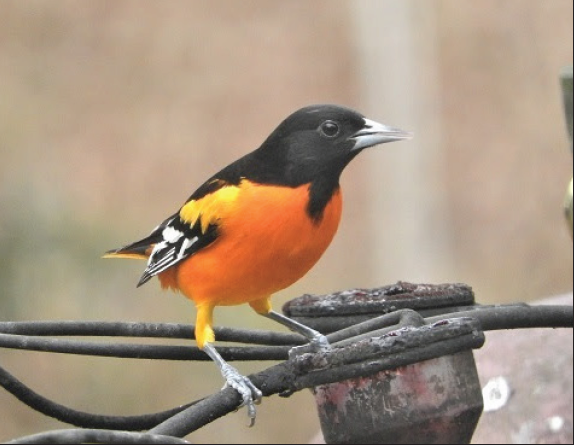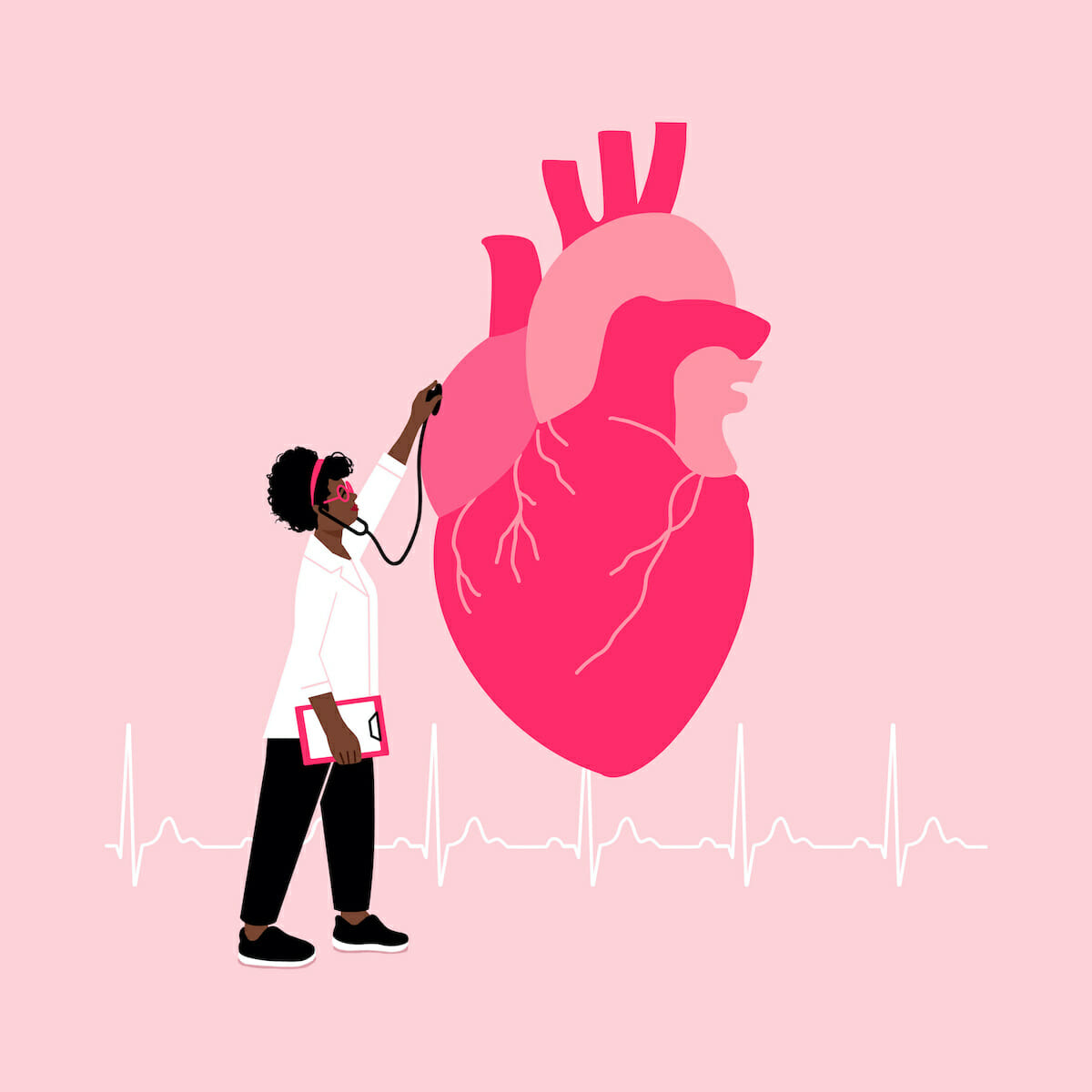For many, spring has come early this year, and the allergy season is already underway. Trees begin spreading pollen before leaves appear on their branches. Grass and weeds will begin pollinating later in the year.
“Most people associate the beginning of allergy season with flowering trees and plants, but the reality is allergy season begins much earlier, when buds on otherwise bare trees begin releasing their pollen,” explain experts at National Jewish Health/LungLine. “People who suffer from tree allergies may already be experiencing symptoms and should begin taking steps now to minimize them.
Here’s sound advice on steps you can take now to get ahead of the spring allergy season:
Know exactly what you are allergic to.
See an allergist and have testing done to determine which pollens or other items (molds, pets, etc.) that you are allergic to. Specifically knowing what you are allergic to can help your allergist tailor your treatment plan.
Start your allergy medications now.
Whether you take nasal sprays and/or oral medication begin taking your allergy medications now before your symptoms start. Beginning those medications now can help lessen the severity of your symptoms later.
Stay consistent.
Take your medications as prescribed. Consistently taking your medications will work much better with regular use rather than used only as urgent relief.
Nasal washes can be very helpful.
Many people with allergic rhinitis, allergic asthma, or other lung problems also have nasal and sinus symptoms. Drainage from your nose and sinuses can make rhinitis and asthma worse, especially at night. A salt-water nasal wash, or nasal irrigation, can help reduce this. National Jewish Health is recommending that tap water is no longer used for performing nasal washes or sinus rinses. View the updated nasal wash guidelines at https://www.nationaljewish.org/conditions/medications/asthma-medications/alternative/nasal-wash-update
Monitor pollen counts.
Know the pollen counts. Search for the pollen count in your area at the American Academy of Allergy Asthma and Immunology (AAAAI) website each day. On high pollen count days keep your windows closed to minimize exposure to pollens. If you have been outdoors a lot, showering before going to bed can go a long way toward helping you get a good night’s sleep.
Exclusive content from CARE Magazine









